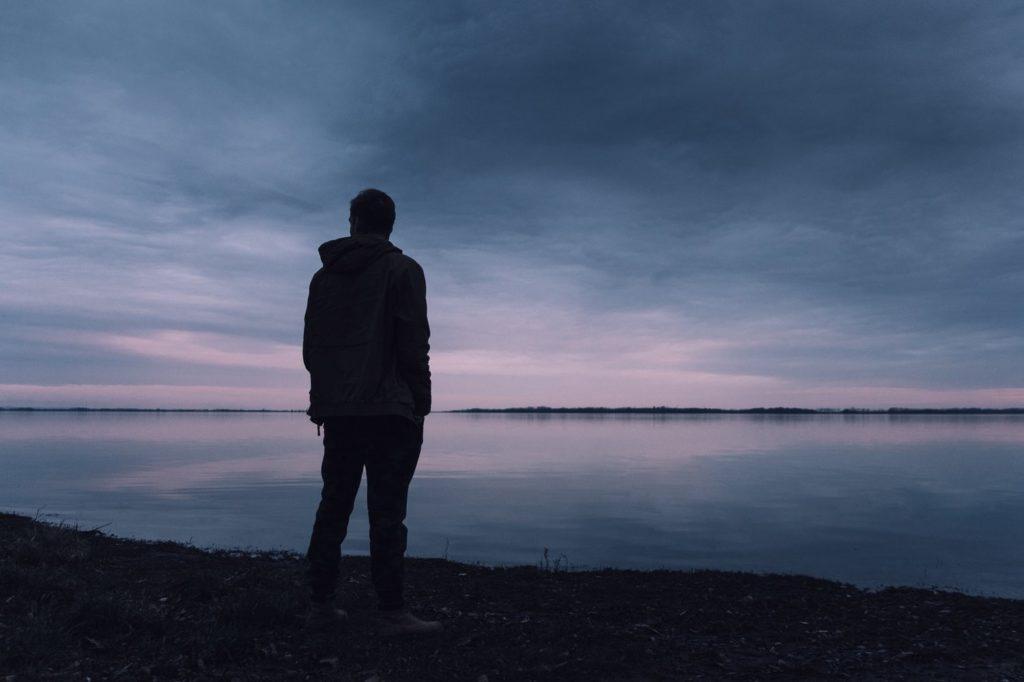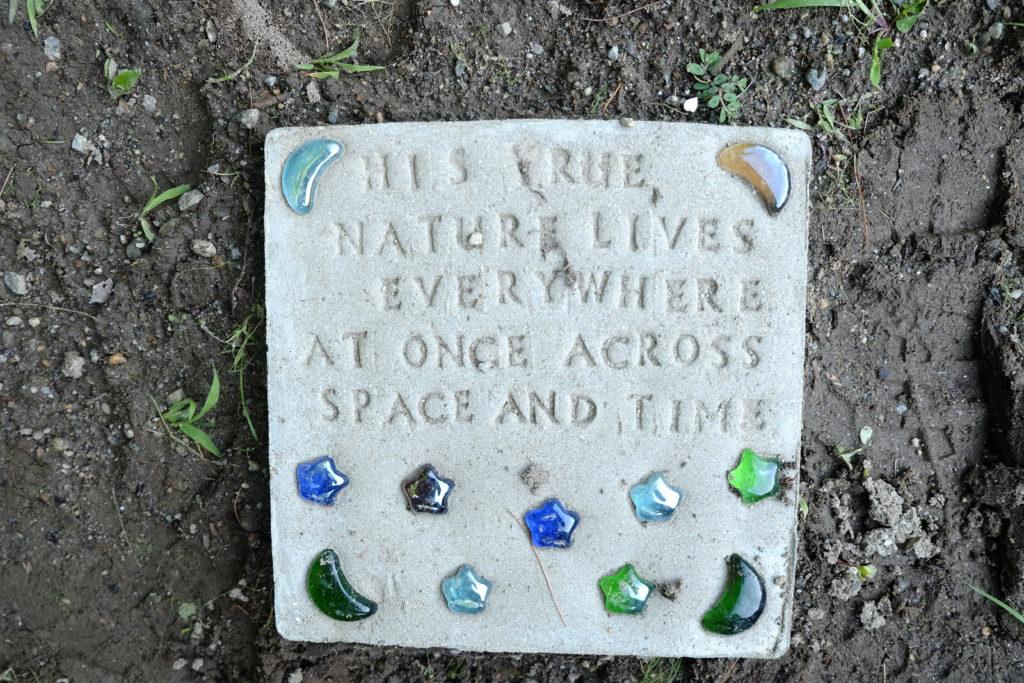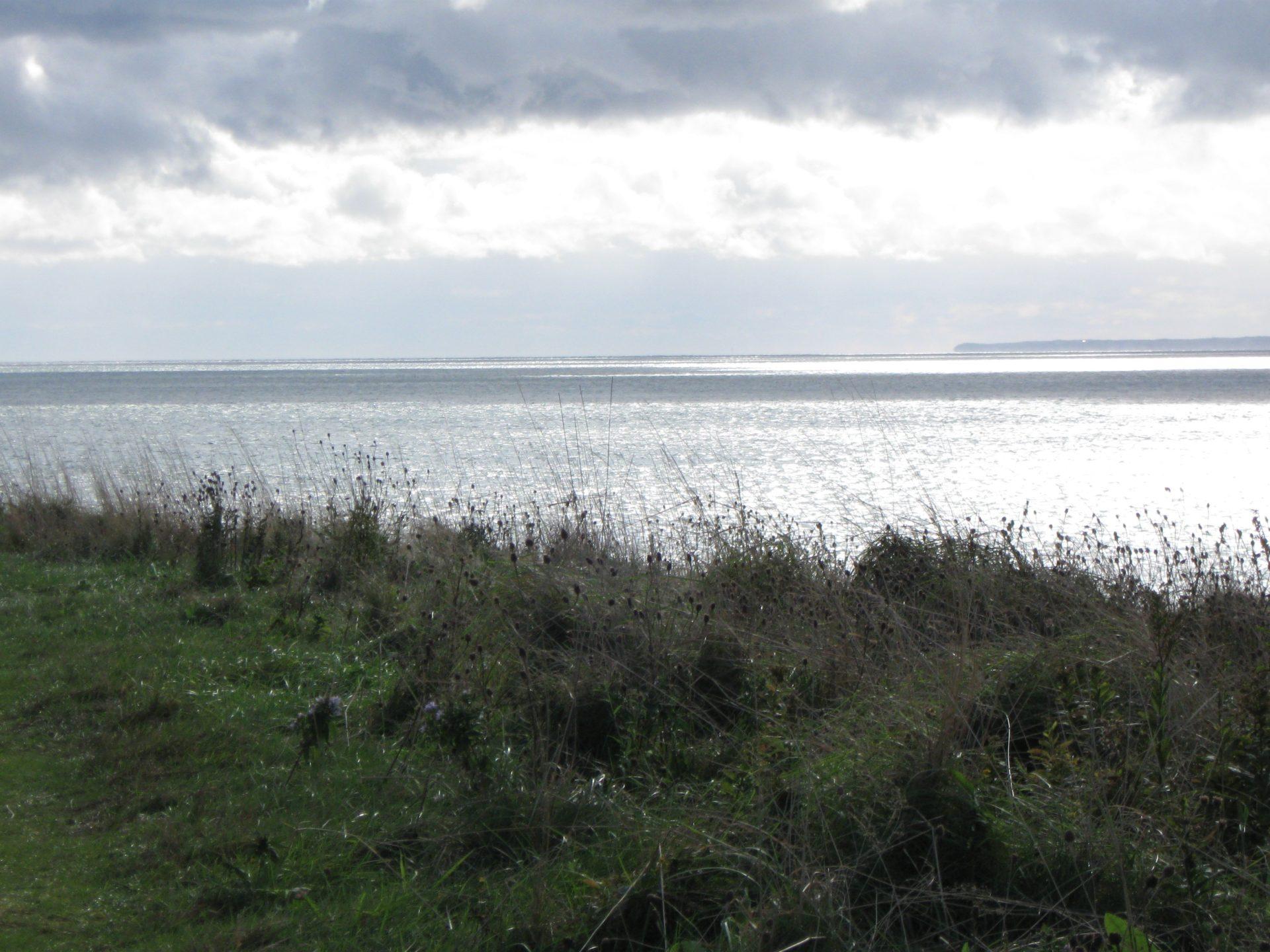Nova Scotia is a lovely, peaceful province, hanging off the eastern edge of Canada. Getting there is a deliberate and often challenging intention. It’s known for water views, lots of them, as well as whale watching, hiking, and picturesque cottages. While getting there is difficult, staying there is seductive and the stuff of dreams for hardier folks. With slightly under one million residents, it is small both in area and population, like a very large village made of many smaller ones. Its residents, including the indigenous Mi’kmaq people, have a long and proud heritage of both surviving tough times and being joyful in celebration.

The peace of Nova Scotia has been shattered, the dream of safety stolen with stunning swiftness by a shooting rampage that claimed the lives of 23 souls, including the perpetrator. The chaos that one unhinged man visited upon this province over a 13 hour period leaves a legacy of grief and trauma that will haunt the lives of families directly affected and of all Nova Scotians. That this took place in the midst of a worldwide Pandemic magnifies the impact.
Trauma triggers a dark night of the soul and, in this case, it is a collective dark night. Everyone touched by the tragedy will have their psyche triggered. Fear, anger, anxiety, sadness, inertia, guilt —these are only a partial list of the feelings that inevitably arise. The overarching theme in the aftermath of trauma is powerlessness. We all recruit certain players to our team, also known as archetypes, in order to maintain an illusion of control in our lives. We are rarely taught to be comfortable with our human vulnerability, so we take on personas to cope in the rough patches. The judge, the rebel, the addict, the victim, the co-dependent (think Control), the escape artist, the perfectionist — all of these and many more are available to us to shove down and avoid actually feeling what we’re feeling. Paradoxically however, the way to healing trauma lies in being willing to feel all of your feelings, however uncomfortable. It’s okay to feel powerless. There is not one feeling that doesn’t belong.
I’m not saying it’s wise to allow yourself to be flooded with feelings all the time. Sometimes you need a break through escapist television, tidying and cleaning, perhaps running or swimming until you’re entirely spent. If you’ve been exposed to trauma there are skills and strategies to handle what is happening within you in a way that can result in a healthier version of you. You can learn to invite the activated feelings and issues —to manage grief and trauma consciously. It isn’t through your mind that you will receive intuitive guidance, but through your feelings.

Right now the narrative in Nova Scotia is likely some version of “This shouldn’t have happened!” The Why is not going to be discernible anytime soon, if ever. We suffer in these awful situations because we are all one, we care. We are none of us going to escape dark nights. So we might as well see them for what they are, opportunities for a new way of being in the world. Let your mind get out of the way and practice presence —really being there with your feelings.
This starts with taking an emotional inventory of all that you feel. Writing it down is a good idea. Making a list of what you have power over and what you don’t is important. Knowing where you don’t have power is Accepting What Is. We spend a lot of mental and emotional energy ruminating on things we never had power over in the first place. Then, considering the list of what you do have power over, do something. Even is it’s only paying attention to your breath and being fully present to what you’re feeling. Your powerful act can be writing in a journal, sending a snail mail note to a friend, creating a meal you’ve never attempted before. Be sure to seek help when your intuition is telling you that you need it. Asking for help is one of those things you have the power to do.

When I lost my son suddenly to a brain aneurysm, I spent many hours staring at a lake outside my window. Nature offers us the setting within which healing can advance, however much time it takes. I also crafted daily rituals to honor my son. These were, and still are, on the list of things I have power over. I can ring a bell for him every morning and evening and send out a silent prayer for fortitude in the tough moments. Ritual offers you a grounding activity that drives away panic when it threatens to knock you off your center. Making a lasting memorial to the loved one heals your heart. You can own the dark night or it can own you. You have the power of choice.

